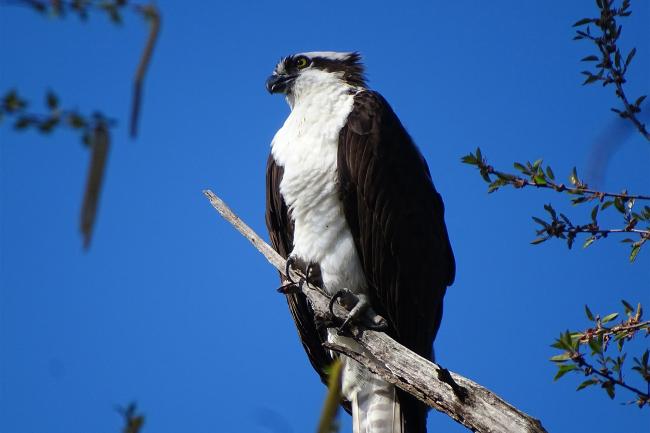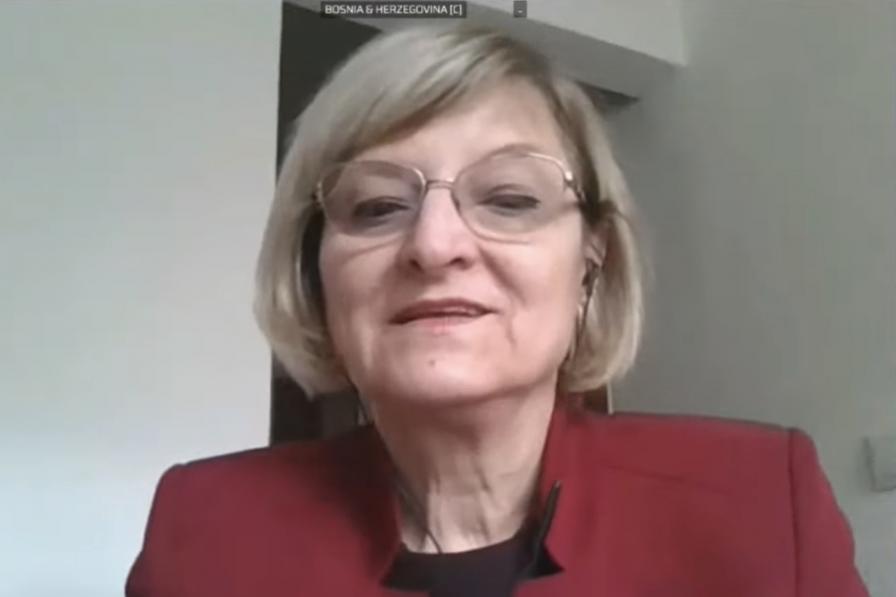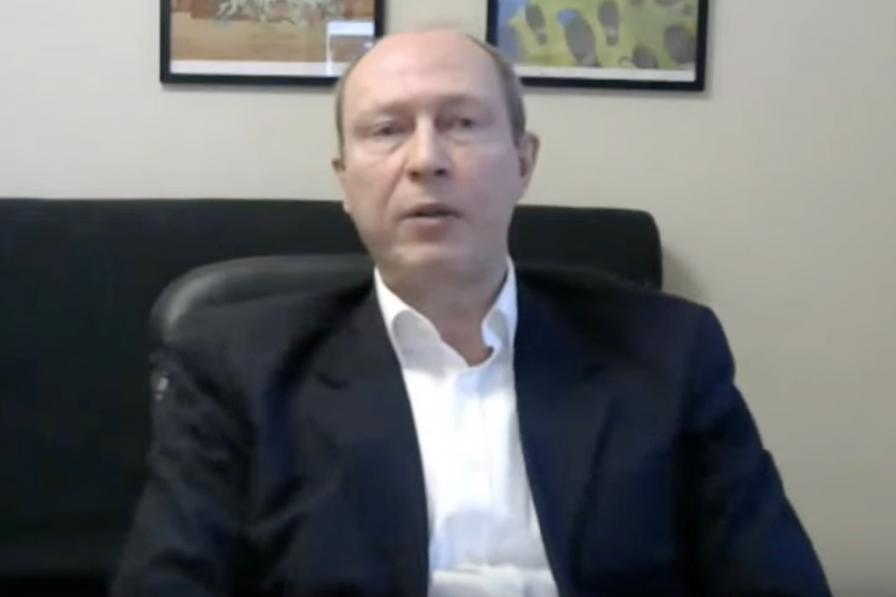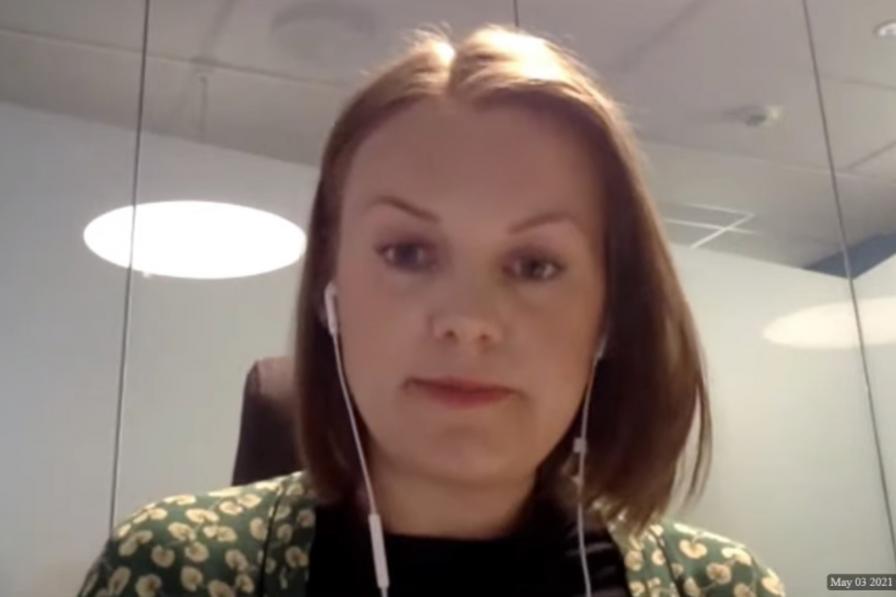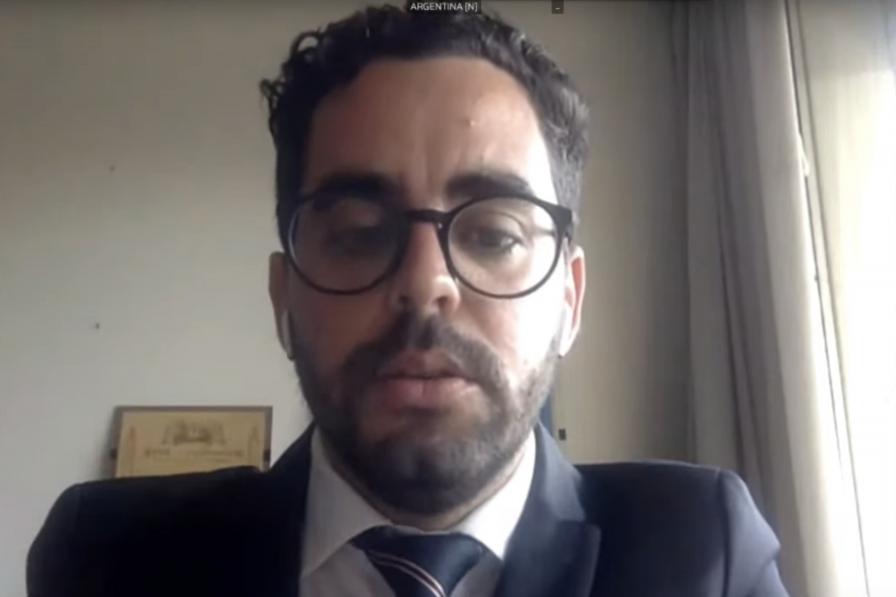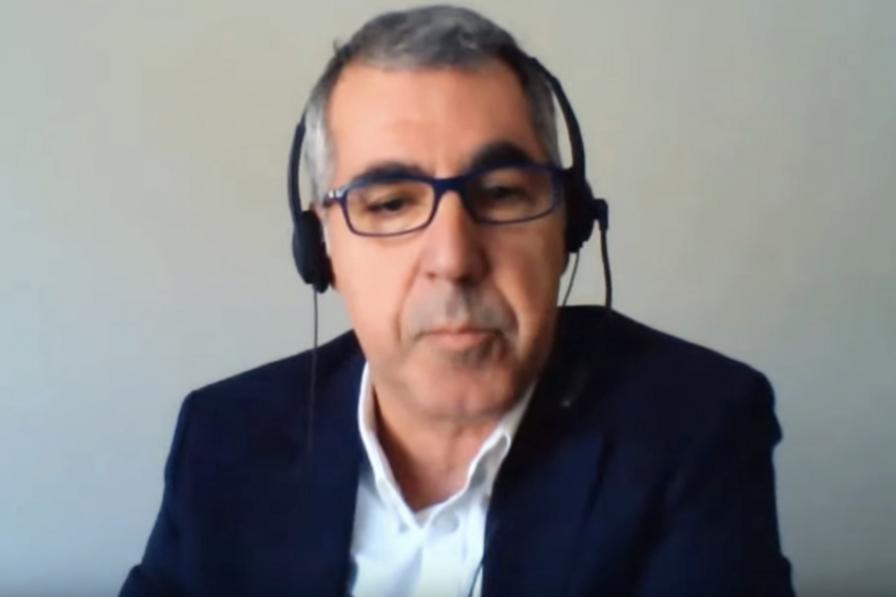The 24th meeting of the Subsidiary Body on Scientific, Technical and Technological Advice (SBSTTA 24) of the Convention on Biological Diversity (CBD) held its first virtual session to advance the preparations for the 15th meeting of the Conference of the Parties (COP).
SBSTTA Chair Hesiquio Benitez (Mexico) formally opened the meeting and led a moment of silence in memory of those whose lives have been lost due to the COVID-19 pandemic. On behalf of the COP-14 Presidency, Hamdallah Zedan (Egypt) expressed hope that parties will make collective progress towards adopting an ambitious and transformative post-2020 global biodiversity framework. Elizabeth Mrema, CBD Executive Secretary, welcomed everyone’s active participation in the discussions, including ensuring that scientific and technical advice informs the development of updated goals, targets, indicators and baselines for the post-2020 global biodiversity framework.
Chair Benitez, noting the current online format does not set a precedent for future CBD meetings, explained that all plenary statements from the informal sessions in preparation for SBSTTA 24 in February 2021 will be taken into account when preparing conference room papers (CRPs). He then urged participants to only raise additional issues in plenary statements here. He also said the adoption of final documents will be deferred to an in-person meeting either of the Working Group on the post-2020 global biodiversity framework or COP 15.
Post-2020 global biodiversity framework
The first agenda item discussed was the post-2020 global biodiversity framework. Many Parties stressed the importance of the timely development of headline indicators ahead of COP 15. Several delegates expressed concern that some indicators may be too complex to ensure adequate measurement. In this regard, a number of delegates noted that developing countries should not be burdened with additional reporting obligations, and the need for capacity building and financial resources.
Several delegates said that there was not sufficient reference to marine biodiversity. Others said that more work on the indicators was needed, including indicators on urban biodiversity and the circular economy, while one party suggested combining all those relating to nature-based solutions. Many delegates stressed the importance of the target of conserving 30% of the world's lands and oceans by 2030. Some stressed the importance of highlighting the contributions and key role of Indigenous peoples and local communities in achieving biodiversity outcomes.
A focus of discussions was the development of the monitoring framework of the post-2020 global biodiversity framework. A number of delegates indicated concern with the late tabling of the revised version of the document on the monitoring framework (CBD/SBSTTA/24/3/Add.2/Rev.1) only a week before the meeting and not in all UN languages. Chair Benitez explained that the document contains much of the same structure and information as the previously posted document, and that most of the additions are based on the peer review.
A number of delegates recommended SBSTTA-24 focus on headline indicators related to each of the targets so that they could be adopted alongside the global biodiversity framework at COP 15. Some supported the establishment of a technical expert group to advise on the further operationalization of the monitoring framework for the post-2020 global biodiversity framework.
To receive continuing coverage of this event delivered to your inbox, subscribe to the ENB Update newsletter.
